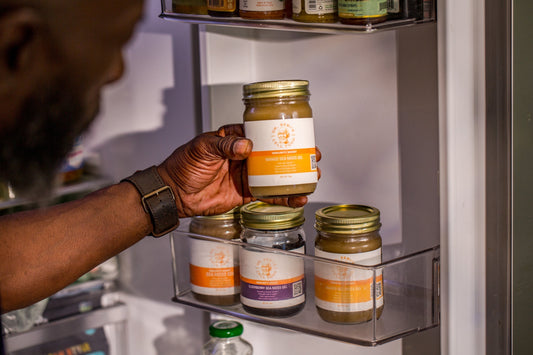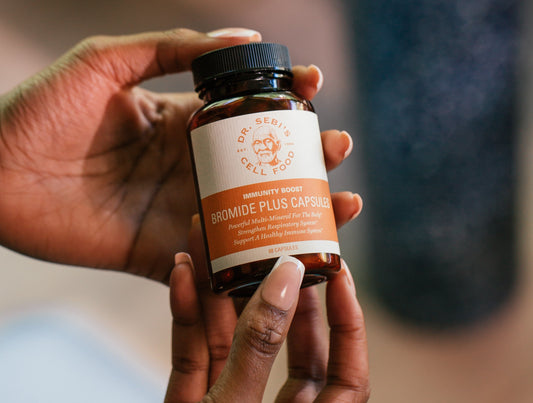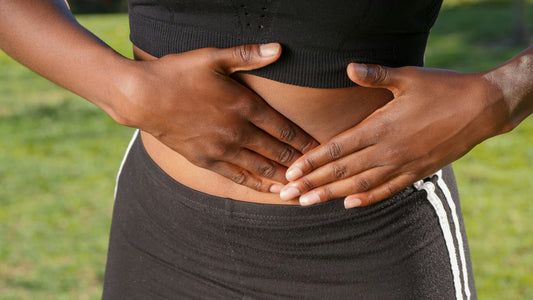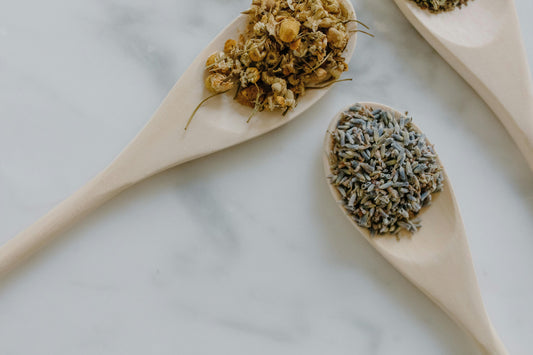The globe celebrates World Water Day in March to spread awareness about the two billion people living without access to clean water. A core focus of World Water Day is to inspire action toward providing clean water and sanitation for all people by 2030.
No living organism can survive without water. It is the substance that made life possible on Earth. The planet’s hydrosphere consists mainly of water, and it covers 70% of the Earth’s surface. But almost 97% of that water is salty, leaving 2% in glaciers and only 1% for humanity.
Water itself is a living substance. Its ability to dissolve different molecules makes it a universal solvent - absorbing chemicals, minerals, and toxins. As a solvent, water allows cells to deliver nutrition and oxygen, keeping the body’s organs and tissues alive as well. On the other hand, dehydration slows your bodily functions and prevents it from flushing out toxins. This is why it is vital for our health and the planet's health to choose the right kind of water.
Raw water is unfiltered water that still has all its natural properties intact. None of its minerals, ions, particles, or bacteria have been removed. It is naturally found around in rainwater, wells, lakes, rivers, and groundwater.
Water memory is water’s purported ability to retain a memory of a previously dissolved element, even after dilution. This is a principle followed by homeopaths who believe that water memory may explain why homeopathy treatments work.
The importance of spring water
“Nature didn’t make any water with chemicals ... so the best water is spring water.”— Dr. Sebi.
Spring water is underground water that flows to the earth’s surface due to water pressure, forming springs. It is believed to be purer water as it comes straight from its source, with no chemical additives or treatment processing, and is considered naturally filtered since it has passed through elements of nature like stones and clay. It is believed to be rich in minerals like calcium, magnesium, and potassium and can help balance the body’s pH levels.
Dr. Sebi was a big advocate for drinking spring water every day, so our organs and tissues could function properly. He advised us to hydrate with a gallon of spring water every day to achieve optimal health.
Composting helps save water and improve ecosystems
Composting is the process of fertilizing and enhancing soil using food waste and recycled organic matter. The process creates richer soil and useful organisms such as fungi and worms. Feeding plants organic, natural compost is necessary for a healthy, dense harvest.
Fertilized soil can play a part in increasing water levels at springs and lakes. Since compost holds 20 times its weight in water, it helps conservation efforts. Composting also contributes to the betterment of different ecosystems. It enhances the soils’ fertility and drainage as well as cuts out the need for chemical fertilizers.


















































